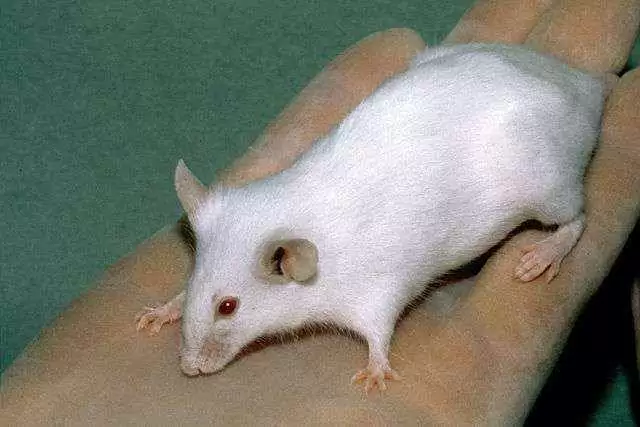Celiac.com 08/01/2016 - Symptoms and damage in celiac disease is caused by partially-degraded gluten peptides from wheat, barley and rye. Susceptibility genes are necessary to trigger celiac disease, but they can't do it alone. Some researchers suspect that these susceptibility genes might get help from conditions resulting from unfavorable changes in the microbiota.
To better understand the whole picture, a team of researchers recently set out to examine gluten metabolism by opportunistic pathogens and commensal duodenal bacteria, and to characterize the ability of the resulting peptides to activate gluten-specific T-cells from celiac patients.
Celiac.com Sponsor (A12):
The research team included A Caminero, HJ Galipeau, JL McCarville, CW Johnston, S Bernier, AK Russell, J Jury, AR Herran, J Casqueiro, JA Tye-Din, MG Surette, NA Magarvey, D Schuppan, and EF Verdu. They are variously affiliated with the Farncombe Family Digestive Health Research Institute, and the Department of Biochemistry & Biomedical Sciences, M. G. DeGroote Institute for Infectious Disease Research at McMaster University, Hamilton, Ontario, Canada; the Immunology Division, The Walter and Eliza Hall Institute of Medical Research, 1G Royal Parade, Parkville, Victoria, Australia; the Department of Medical Biology, The University of Melbourne, Parkville, Victoria, Australia; Área de Microbiología, Facultad de Biología y Ciencias Ambientales, Universidad de León, León, 24071 Spain; the Immunology Division, The Walter and Eliza Hall Institute of Medical Research, 1G Royal Parade, Parkville, Victoria, 3052 Australia; the Department of Gastroenterology, The Royal Melbourne Hospital, Grattan St., Parkville, Victoria, 3050 Australia, and the Institute for Translational Immunology and Research Center for Immunotherapy, University Medical Center, Johannes Gutenberg University, Mainz, Germany.
For their study, the team colonized germ-free C57BL/6 mice with bacteria isolated from the small intestine of celiac patients or healthy controls, selected by their in vitro gluten-degrading capacity. They then measured gliadin levels and proteolytic action in intestinal contents after gluten feeding.
Using peripheral blood mononuclear cells from celiac patients after receiving a 3-day gluten challenge, the research team characterized by LC-MS/MS the eptides produced by bacteria used in mouse colonizations from the immunogenic 33-mer gluten peptide. They found that the bacterial colonizations created clear gluten degradation patterns in the small intestine of the mice.
Pseudomonas aeruginosa (Psa), an opportunistic pathogen from celiac patients, exhibited elastase activity and produced peptides that better translocated the mouse intestinal barrier. Psa-modified gluten peptides activated gluten-specific T-cells from celiac patients. In contrast, Lactobacillus spp. from the duodenum of non-celiac controls degraded gluten peptides produced by human and Psa proteases, reducing their immunogenicity.
From these data, the research team concludes that small intestinal bacteria show clear gluten metabolic patterns in vivo, increasing or reducing gluten peptide immunogenicity.
This microbe-gluten-host interaction may modulate autoimmune risk in genetically susceptible persons and may underlie any connection between celiac disease and microbial imbalance or maladaptation in the digestive tract.
Source:
- Open Original Shared Link





Recommended Comments
There are no comments to display.